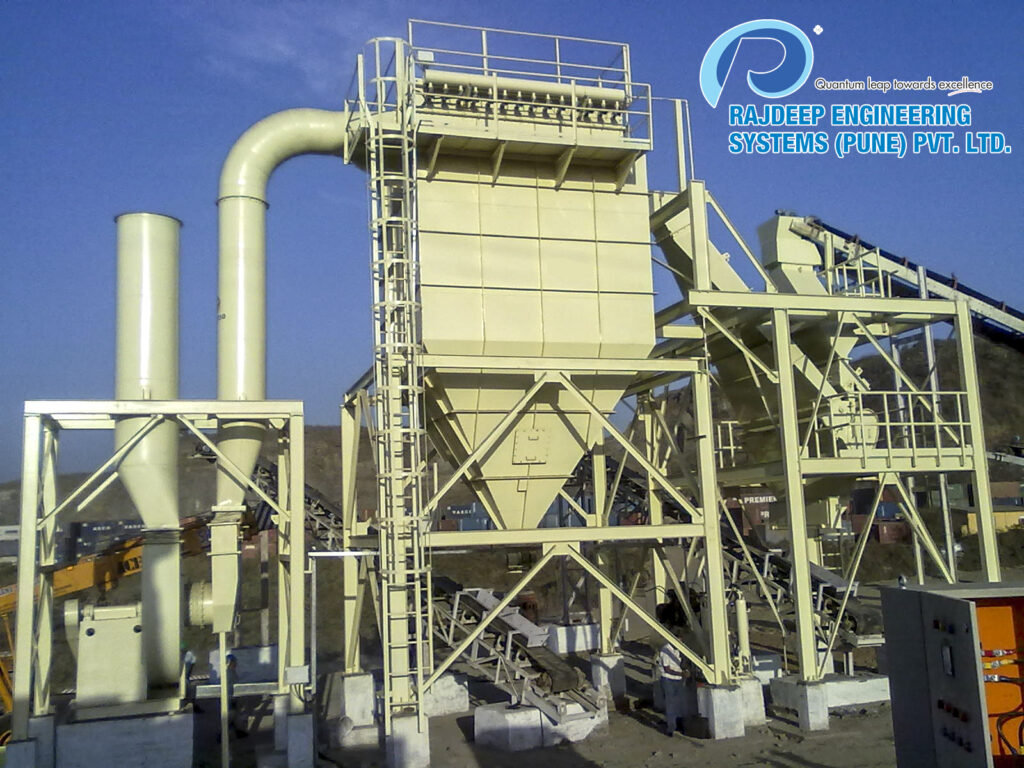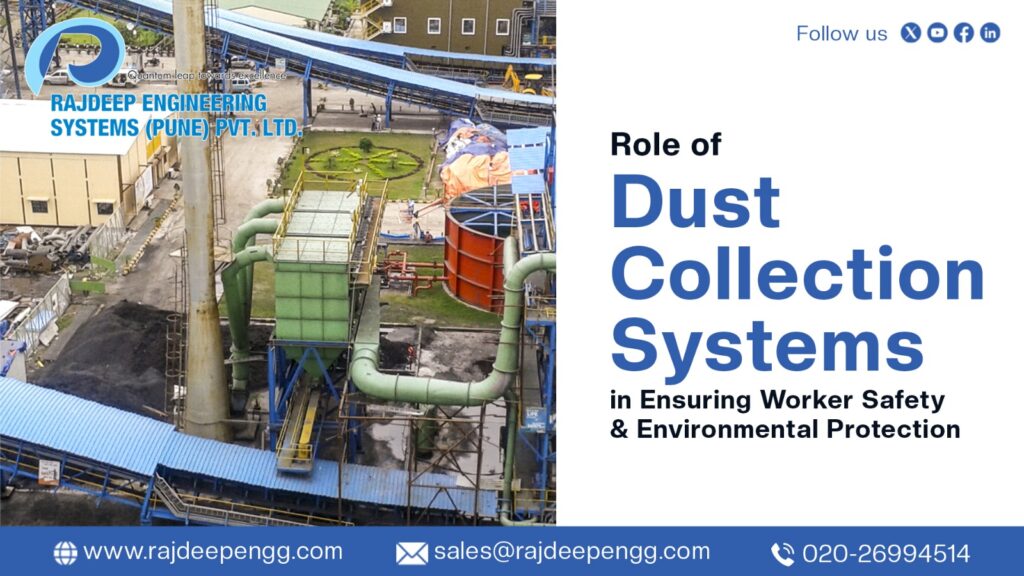The Essential Role of Dust Collectors
Dust collection systems are critical in safeguarding worker health, improving equipment performance, and maintaining a clean, compliant work environment. These systems effectively remove harmful particulates and gas fumes, enhancing air quality and reducing the environmental impact of industrial operations. They are also pivotal in ensuring facilities adhere to state and federal emissions standards.

Benefits of Dust Collection Systems
Dust collectors have various filter media options, including fabric materials like woven and felted cotton. High-quality filter bags are crucial for the optimal operation and efficiency of dust collectors. By removing contaminants and reducing dust levels, these systems contribute significantly to:
- Worker Safety: Dust can cause serious health issues, including respiratory problems, allergies, and asthma. Dust collection systems help mitigate these risks by trapping and removing harmful particles.
- Energy Efficiency: Effective dust collection systems recirculate heated or air-conditioned air within the facility, reducing the need for additional heating or cooling. This can lead to significant energy savings.
- Odour Control: For facilities dealing with odorous contaminants, carbon-impregnated filters can be employed to neutralize unpleasant smells.
Meeting Air Quality Standards and Reducing Costs
Industrial dust collectors are essential for maintaining air quality in manufacturing environments where dust and particulate matter are prevalent. These systems not only help meet EPA regulations but also enhance overall efficiency by:
- Reducing Energy Consumption: A well-designed dust collector system recirculates indoor air, minimizing the loss of conditioned air and reducing energy costs associated with heating or cooling.
- Improving Equipment Longevity: By preventing dust buildup, dust collectors help prolong the life of machinery and reduce maintenance costs.
Types of Dust Collectors and Their Impact
Dust collectors vary in their design and functionality, catering to different types of dust and particle sizes. The choice of dust collector depends on factors such as:
- Particle Size and Density: Some dust collectors are designed to handle fine, bulky, or abrasive particles.
- Airflow and Energy Costs: The efficiency of dust collection systems can be affected by the amount of air flowing through the system and the energy required to transport this air.
The Power of Effective Dust Collection
A well-implemented dust collection system can significantly improve air quality, increase employee morale, and reduce operational costs. By choosing the right system and maintaining it properly, facilities can achieve a high return on investment while ensuring a safe and compliant work environment.
Conclusion
In summary, industrial dust collectors are indispensable in manufacturing facilities. They not only help control the release of pollutants but also ensure the safety of employees and the environment. From baghouse systems to advanced filtration technologies, investing in a quality dust collection system is a key step toward a cleaner, more efficient, and safer workplace.
For over 25 years, Rajdeep Engineering Pvt. Ltd. has been a trusted provider of material handling system machines, offering expertise and innovative solutions tailored to meet the needs of various industries. Their long-standing experience ensures high-quality, reliable systems that enhance workplace safety and efficiency.

